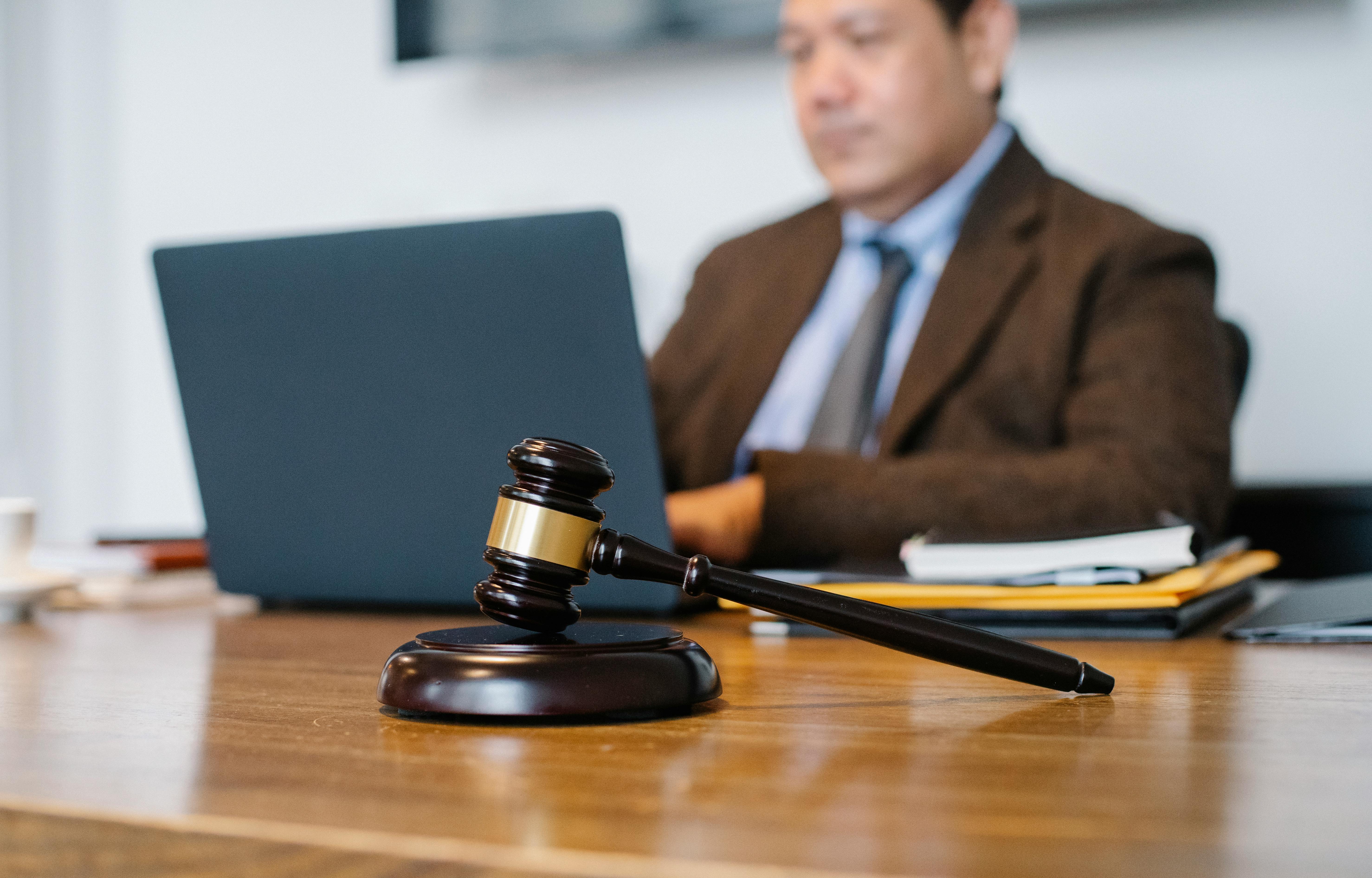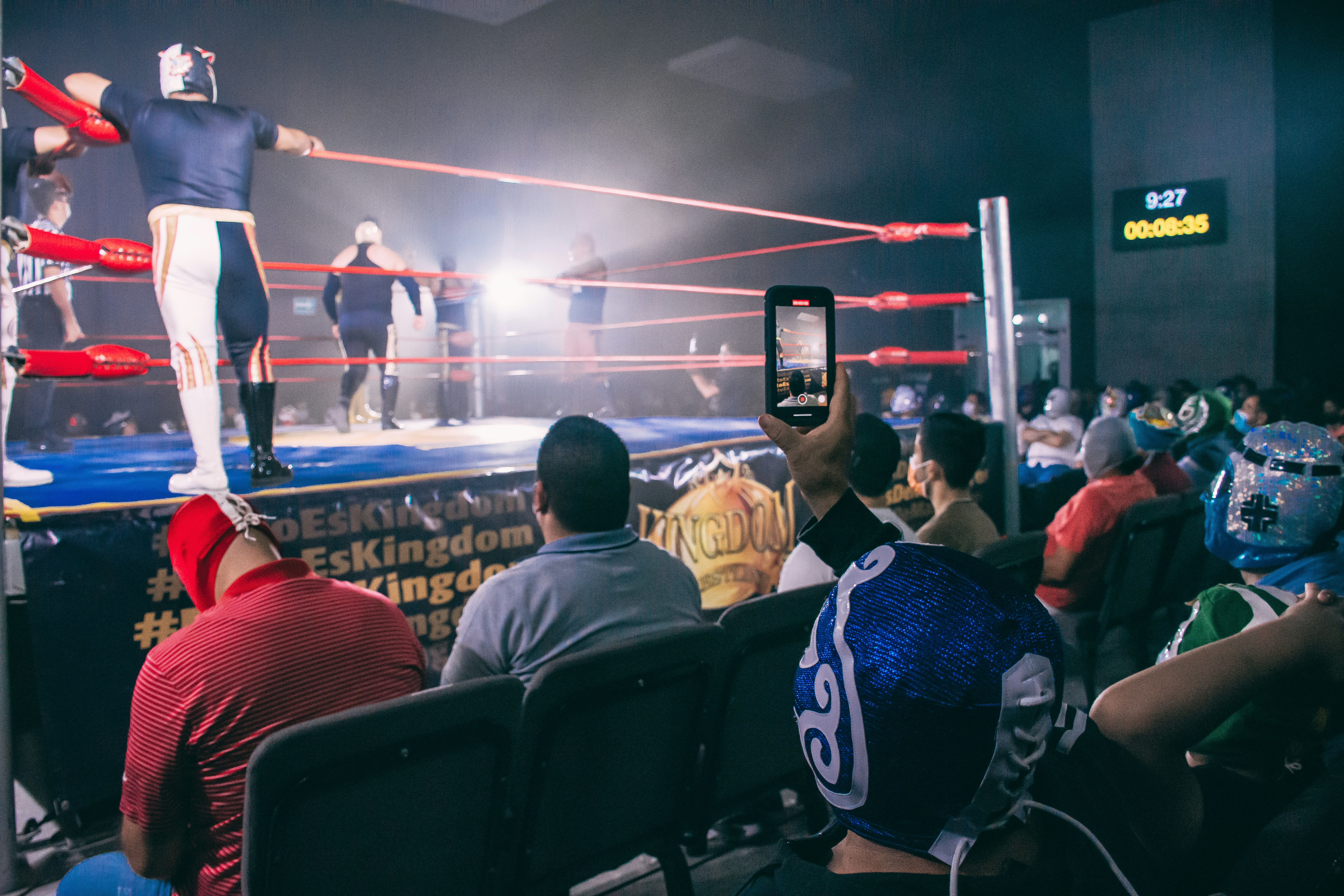The Influence of Technology on Modern Copyright Law
Introduction: As technology rapidly evolves, so too must the legal landscape. This article explores the intricate relationship between technology and copyright law, focusing on how advancements in digital platforms have forced a reassessment of traditional copyright principles.

The Genesis of Copyright Law
Copyright law has its roots in the Statute of Anne, passed in England in 1710. It was designed to protect the rights of authors, granting them exclusive rights to their work for a specified period. As societies evolved and technology advanced, copyright law expanded to include a variety of creative works, from books to music to software.
The Advent of the Digital Age
With the birth of the digital age, copyright law faced new challenges. The ease of copying and distributing works over the internet made enforcing copyright more difficult. Lawmakers worldwide had to rethink traditional concepts of copyright to account for digital infringement. The Digital Millennium Copyright Act (DMCA) of 1998 in the United States was one such attempt.
The Digital Millennium Copyright Act (DMCA)
The DMCA criminalizes the production and dissemination of technology, devices, or services intended to circumvent copyright protections. It also criminalizes the act of circumventing an access control, whether or not there is actual infringement of copyright itself. This law has had a profound impact on the digital landscape, affecting how online platforms manage user content and respond to infringement claims.
Copyright Law in the Era of Streaming
In recent years, the rise of streaming services like Netflix and Spotify has further complicated the copyright landscape. Unlike traditional media, streaming does not involve the sale of a physical product. Instead, users pay for access to a library of works. This has led to new legal debates about the nature of copyright in a streaming-dominated world.
The Impact of Technological Advancements on Copyright Law
As technology continues to evolve at a rapid pace, it will undoubtedly continue to shape and redefine copyright law. Artificial Intelligence, for instance, poses a new challenge: who owns the copyright to a piece of work created by AI? These and other questions will continue to test the boundaries of copyright law in the years to come.
In conclusion, the relationship between technology and copyright law is a complex one. As technology advances, it forces a reassessment of traditional legal principles. However, this constant evolution also serves as a testament to the adaptability of our legal system. It must continue to evolve and adapt to ensure that it remains relevant and effective in the face of new challenges and opportunities.




